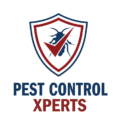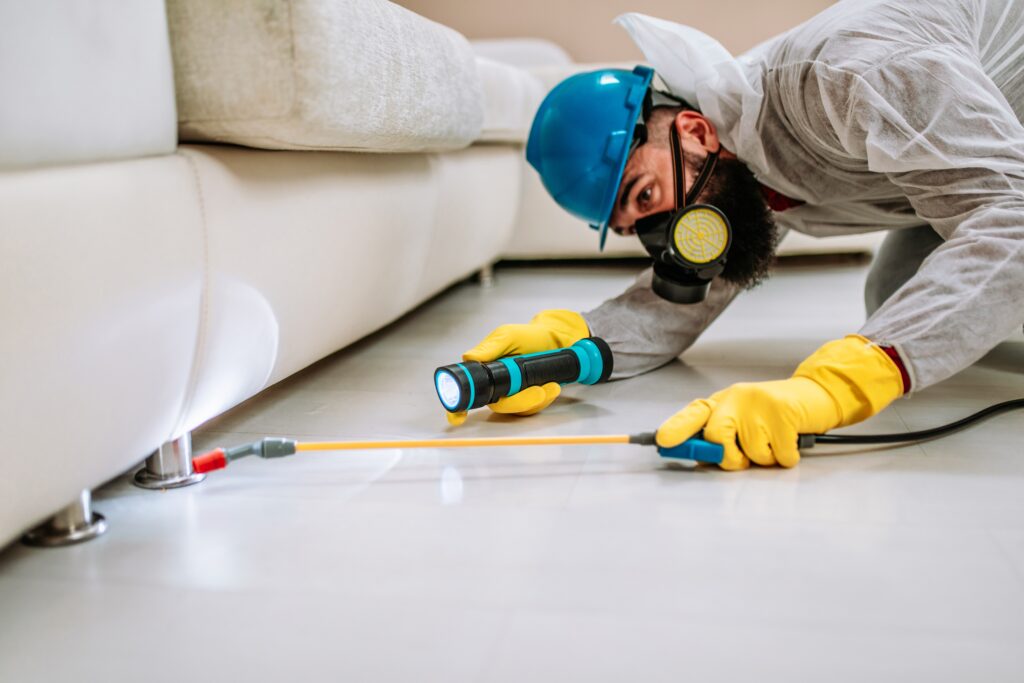Entry-Point Checks, Sealing Tips, and Why Infestations Can Quickly Spiral By Pest Control Xperts
Tallahassee, famous for its Florida State Capitol, Cascades Park, and thriving cultural scene, is a popular destination for residents and visitors. Nearby communities such as Quincy and Crawfordville share in the region’s subtropical climate, abundant greenery, and rich history. Unfortunately, the same warm weather and lush landscapes that make these areas appealing also attract rats and mice in search of food, water, and shelter. Below, we discuss how rodents often enter homes, offer sealing strategies to keep them out, and explain why a small rodent issue can turn into a bigger problem if it’s not addressed quickly.
1. Why Rodents Thrive in Tallahassee, Quincy, and Crawfordville
- Mild, Year-Round Climate
- Rats and mice remain active even during the winter, thanks to generally mild temperatures.
- Extended breeding seasons can rapidly escalate rodent populations if left unchecked.
- Green Spaces and Waterways
- Areas near Lake Talquin, Lake Jackson, and the scenic landscapes around Crawfordville provide moisture rodents need.
- Overgrown shrubs or open trash bins in suburban yards make for easy nesting and feeding opportunities.
- Urban and Suburban Growth
- As communities expand in Quincy or near the heart of Tallahassee, new construction might leave gaps if not carefully sealed.
- Additional restaurants, cafes, and shops can produce more food waste, luring rodents seeking easy meals.
2. Entry-Point Checks: How Rats and Mice Get Indoors
Rodents can slip through gaps the size of a dime. Frequent exterior inspections help detect these vulnerabilities before an infestation sets in.
- Foundations and Exterior Walls
- Check for cracks, holes, or damaged siding near ground level.
- Pay attention to plumbing or utility line entrances, which are common overlooked entry points.
- Doors and Windows
- Repair or replace door sweeps with visible gaps.
- Confirm window screens are intact and fit securely to block small intruders.
- Roofs, Soffits, and Attics
- Missing or warped shingles, uncovered vents, or cracked soffits allow rodents to climb inside.
- Look for droppings or gnaw marks in attic corners, signaling hidden nests.
- Garages and Storage Areas
- A slight gap under a garage door often goes unnoticed but can be a direct path for mice.
- Cluttered sheds with cardboard boxes can offer private nesting spots if left unchecked.
3. Sealing Tips to Keep Rodents Out
Once you locate potential weaknesses, properly sealing them can make a significant difference in deterring rats and mice.
- Durable Materials
- Use steel wool or wire mesh to fill small holes; then seal with caulk or foam for extra reinforcement.
- Cover bigger openings with hardware cloth or metal flashing to discourage chewing attempts.
- Enhanced Door Sweeps
- Even a narrow gap at an exterior door can accommodate a mouse.
- Make sure garage doors meet the ground firmly, without gaps.
- Trim Vegetation
- Tree limbs or shrubs touching walls or roofs serve as “bridges” for rodents.
- Remove leaf piles and yard debris close to foundations to minimize nesting opportunities.
- Secure Trash and Food Sources
- Store garbage in bins with tightly fitting lids, placing them away from doors.
- Avoid leaving pet food outdoors overnight, attracting nocturnal scavengers.
4. Why Rodent Infestations Can Quickly Spiral
- Rapid Reproduction
- Rats and mice can produce multiple litters annually, expanding populations swiftly.
- A minor sighting can grow into a considerable colony within weeks if left unaddressed.
- Ongoing Gnawing
- Rodents chew on wiring, wood, and insulation, risking structural or electrical hazards.
- Each new hole can also invite other pests or widen existing access routes.
- Health Concerns
- Droppings, nesting materials, and rodent urine can contaminate surfaces and degrade air quality.
- Secondary infestations, like fleas or mites, may accompany rodents indoors.
- Concealed Nests
- Wall voids, crawl spaces, and attic corners allow rodents to breed undetected.
- Homeowners often realize there’s an infestation only after colonies become sizable.
5. Pest Control Xperts in Tallahassee
Pest Control Xperts specializes in preventing rodent problems for homeowners across Tallahassee, Quincy, and Crawfordville. From identifying overlooked gaps to suggesting sealing techniques and offering ongoing prevention tips, a proactive approach helps keep minor rodent encounters from turning into major headaches.
Routine Prevention Measures
- Monthly Exterior Checks: Inspect foundations, doors, and roofs for new gaps or damage.
- Clutter Control: Use sealed plastic bins in garages or sheds, limiting nesting materials.
- Timely Repairs: Fix worn screens, missing roof shingles, or leaky pipes as soon as you spot them.
Conclusion
Tallahassee’s diverse culture, beautiful lakes, and nearby green spaces make it a wonderful place to call home—but these assets also create inviting habitats for rats and mice. By carefully examining entry points, employing reliable sealing methods, and acting quickly at the first hint of rodent presence, homeowners can keep small problems from escalating into significant infestations. Partnering with Pest Control Xperts gives you the knowledge and strategies you need to safeguard your property and fully enjoy Northern Florida’s unique blend of natural beauty and urban life—without unwelcome guests.

